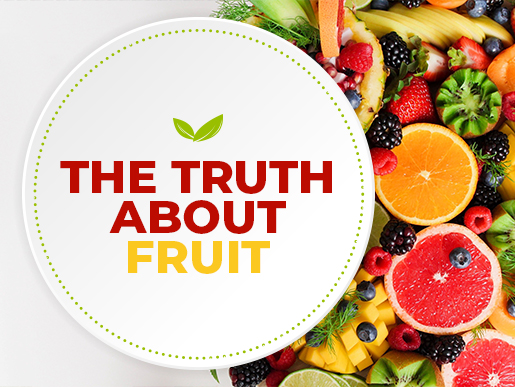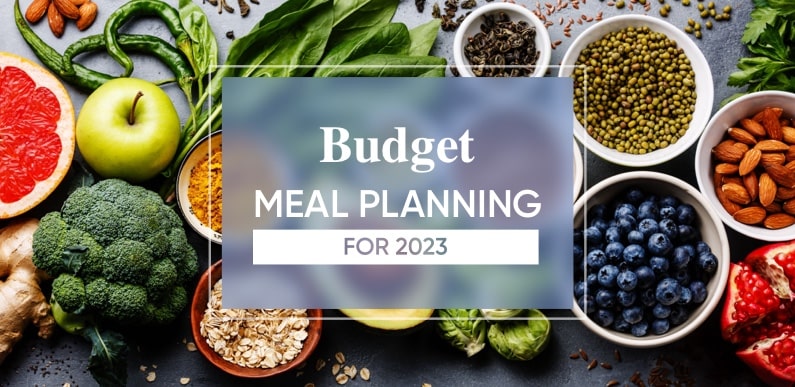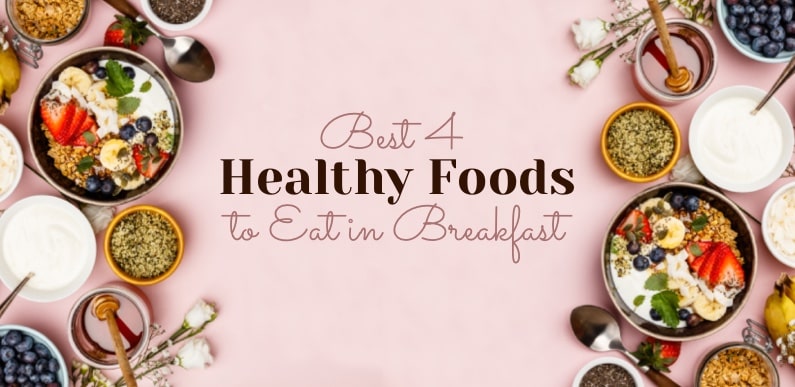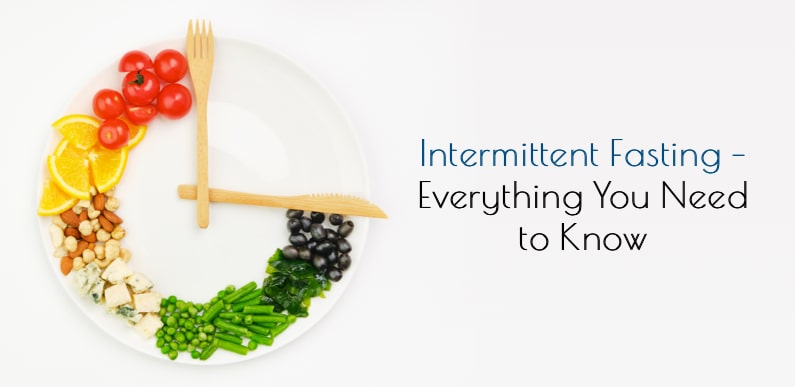Nothing tastes better than a bite of some fresh fruit!
If you’re looking to eat healthy, you have to have some fruit in your diet. The USDA recommends that adults eat 2 cups of fruit every day based on a standard 2,000 calorie diet. Many people should eat more than that.
There are a lot of misconceptions about fruit. Does it have to be organic? What’s the best kind? Isn’t it high in sugar?
These are all fair questions and we have the answers here!
Organic vs non-organic
As you might expect, organic fruits are probably better for you than non-organic options. They have been found to have more vitamins and antioxidants and less pesticide and chemical residue.
If you can, opt for the organic option over the normal one. Fruit is a naturally delicious form of food that is best consumed without tampering.
Sugar vs nutrients
You’ve probably heard that fruit contains a lot of sugar. That isn’t incorrect, but it also doesn’t mean fruit is unhealthy. While some fruit has high amounts of sugar, it’s natural sugar. Other high-sugar foods, like candy and soda, have added sugar.
Sugar isn’t inherently bad; excess sugar is. Fruit contains fiber, vitamins, and water. All of this work together to help you feel more satiated for longer. If you drink a soda, you aren’t going to experience those same feelings of fullness and will eat more as a result.
Fresh vs frozen
Believe it or not, freezing technology has improved to the point that there isn’t a quality drop off from fresh to frozen fruit and frozen fruit might even be better. It’s generally cheaper and can be stored for longer.
Fruits and vegetables that are sold fresh are picked before they are ripe to ensure they’re fresh when they get to you. There are also generally more chemicals used to keep fresh produce from spoiling during transportation and storage.
Frozen varieties are harvested when they are already ripe, allowing the produce to acquire more nutrients. In general, less chemicals are used to keep the food fresh as well.
Best types
There is no “best type” of fruit. Pretty much every fruit you eat will have some nutritional value, taste good, and give you a snack that’s worth your time.
Here are a few choices based on specific nutrients:
High in fiber- apples
Apples are loaded with nutrients, including fiber. This fiber helps manage blood sugar
levels, aid digestion, and promote gut and heart health. On top of that, apples are very
filling. Eating one apple as a snack will help keep you full and therefore eating less calories.
High in antioxidants – blueberries
Blueberries – like apples – make for a great snack! They’re low in calories and high in fiber and antioxidants. These antioxidants have anti-inflammatory properties and also help lower the risk of heart disease, diabetes, high blood pressure, cancer, and more.
High in vitamins – mangoes
Mangoes are high in nutrients like fiber, potassium, and vitamins A, C, B6, E, and K. Their also high in antioxidants that have been shown to help prevent Alzheimer’s, Parkinson’s, and some cancers.
For more Nutrition-related blogs, click here.






